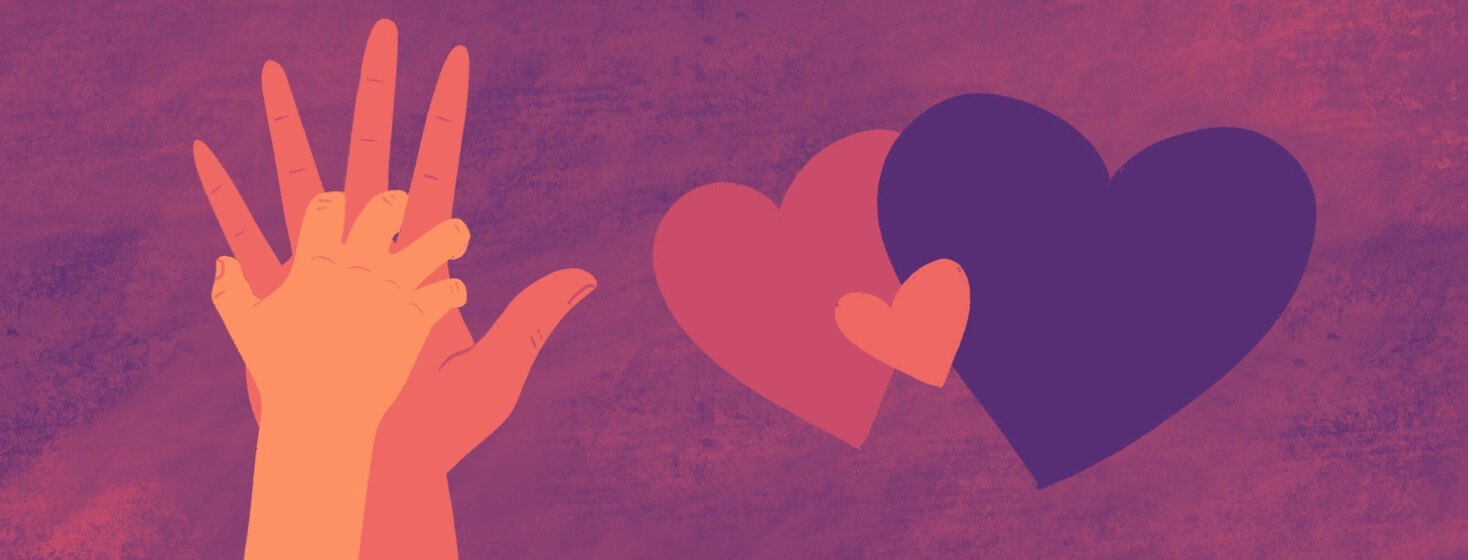My Most Supportive Family Member is 8 Years Old
I am not a parent.
It’s important to say this, as I am extremely aware that being a parent is something that you can only understand when you become one.
Nevertheless, there is something that I have realised recently that, in my opinion, is a subject that is rarely addressed when we talk about narcolepsy and even other chronic illnesses: children who grow up with a chronically ill or disabled family member.
As a proud aunt of a beautiful and highly intelligent 8-year-old niece, I have been repeatedly surprised by this amazing being!
It can be hard to find support, even from family
In the last five years since being diagnosed, I have found that support and understanding are not always easy to come by. Unfortunately, in many cases, the people that have the hardest time with this will likely be your own family.
This has been an ongoing difficulty I have faced from the moment I was diagnosed with narcolepsy type 1 (narcolepsy with cataplexy). Although my family does support me, it’s as though I constantly have to remind them of my condition. Sometimes it seems as though they forget why I need to sleep during the day, or why I seem to be so “moody” all the time.
It’s an exhausting and unrelenting cycle.
Are children with chronically ill family members different?
Surprisingly, the most supportive and understanding person in my family is also the youngest: my 8-year-old niece. She seems to never forget about my condition, is always mindful of asking me how I feel, and is so remarkably intuitive. She somehow knows when my energy levels start to drop before I even mention it and will ask me if I need to go and take a nap.
From speaking with friends and acquaintances about this, I was shocked to hear that many have experienced the exact same thing with their children, nieces, or nephews. This made me wonder if there is something different about children that grow up with a chronically ill or disabled family member.
Having a disabled family member can have a positive impact on children
Oftentimes, we as a society generally seem to discuss the negative impacts on kids who are raised by chronically ill or disabled parents and will ignore that it could potentially have some positive outcomes, too.
Greater compassion and empathy
Having a disabled person in the family somehow appears to help children become more empathetic at an earlier age. Of course, it’s not an ideal scenario for any child to have to grow up witnessing a loved one struggle daily, but it does seem to foster a more compassionate nature.
Increased emotional maturity
Many people I have spoken to regarding kids in these circumstances have commented on how mature they seem to be when dealing with a family member’s condition. Emotional maturity can be an incredibly valuable trait for a child to gradually develop that will help them to navigate their world with greater awareness and understanding.
Understanding that everyone is different
Another trait that these children seem to all have in common is the ability to be so much more accepting of people that are different from themselves. In some way, maybe growing up seeing disability or chronic illness allows their perspective to broaden in terms of what is considered “normal.” They grow up with a clear understanding that everyone is different, rather than only learning this later on in life.
These are simply thoughts that I have pondered for a while now. I cannot say if there is any truth to this as it is simply based on my own experience and the experience of the people in my life.
Finding the positive in every negative
Living with narcolepsy isn’t easy in any sense, and I cannot begin to imagine what it feels like to parent and have the additional struggle that comes with this condition.
But something I always strive to do, especially since my diagnosis, is to try and find the positive in every negative no matter how hard it may be.

Join the conversation